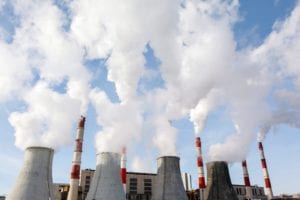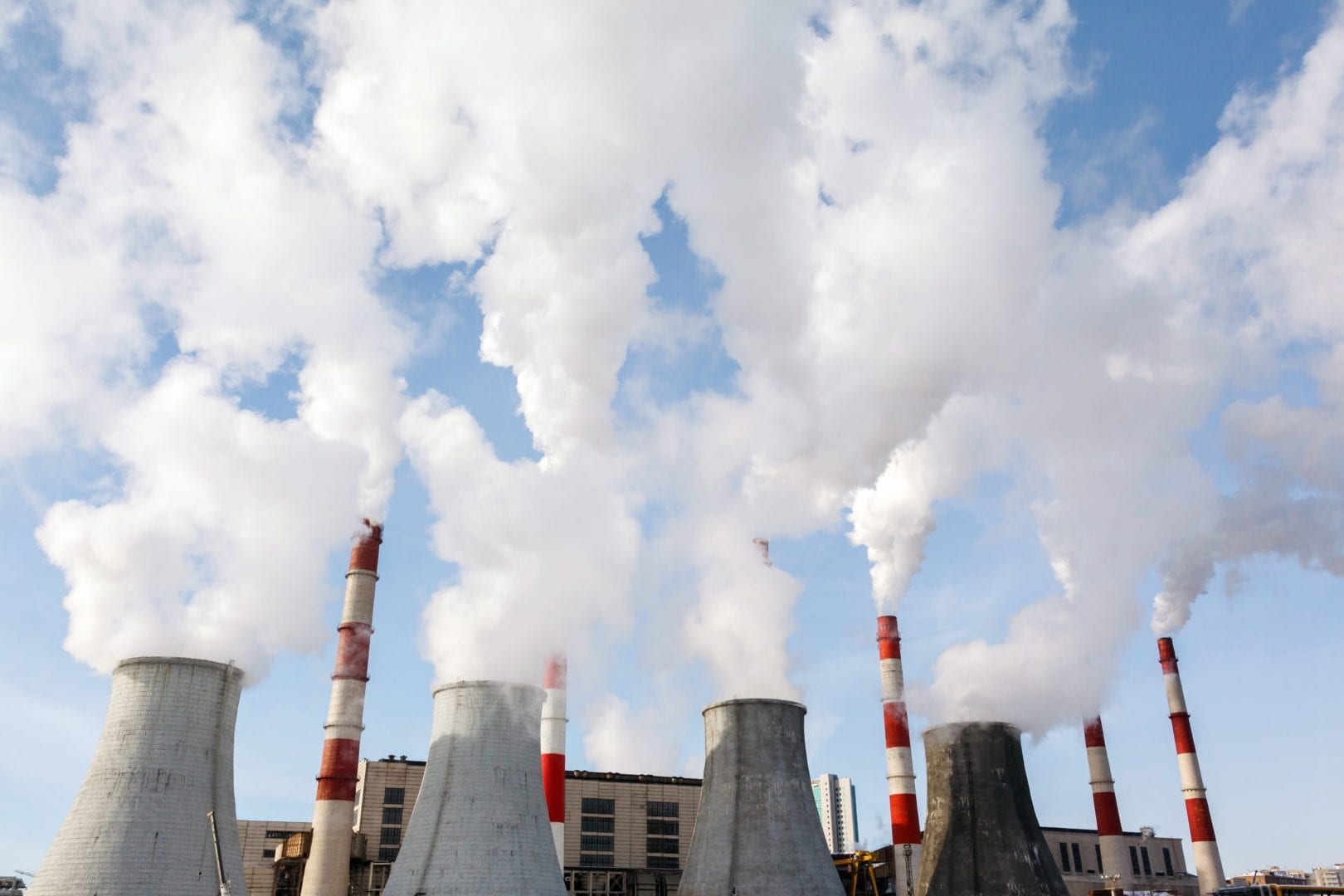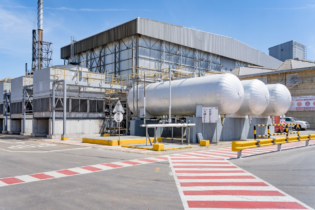Sasol said challenges it may experience in reducing sulphur dioxide and hydrogen sulphide emissions could further delay its compliance past 2025. It added that the company may then require further extensions.
“There will be postponement applications again, particularly in SO2 (sulphur dioxide) and H2S (hydrogen sulphide), where today we don’t have credible viable solutions and we need to work on those,” Klingenberg said. The Department of Environmental Affairs previously granted postponements in 2015 to applicants including Sasol, Eskom and Anglo American Platinum. These companies had until 2020 to comply with the new minimum emissions standards for air quality laws. “The large majority of the minimum emissions status for 2015 we were able to comply with, but in some areas we need time to implement projects,” Klingenberg said. Government intends reducing the country’s harmful emissions by 34% by 2020, with some of the minimum emissions standards for air quality laws covering sulphur dioxide and nitrogen oxide emissions.
South African petrochemicals group Sasol plans to apply to postpone a 2020 deadline for meeting stricter air pollution laws.
The company, which announced this at the beginning of June, said it intended to apply for an extension for some of its plants to meet the air pollution laws by 2025 as it might only be able to do so by then.
South Africa is one of the largest air polluters in Africa, emitting millions of tonnes of harmful emissions into the atmosphere every year. The country currently has a heavy dependency on coal-fired power plants for energy which contributes largely to these emissions.
Sasol’s executive vice president for operations Bernard Klingenberg said the reason for the postponement request is in order to give the company more time to implement projects. These projects are intended to assist in the reduction of the company’s greenhouse gas emissions.








